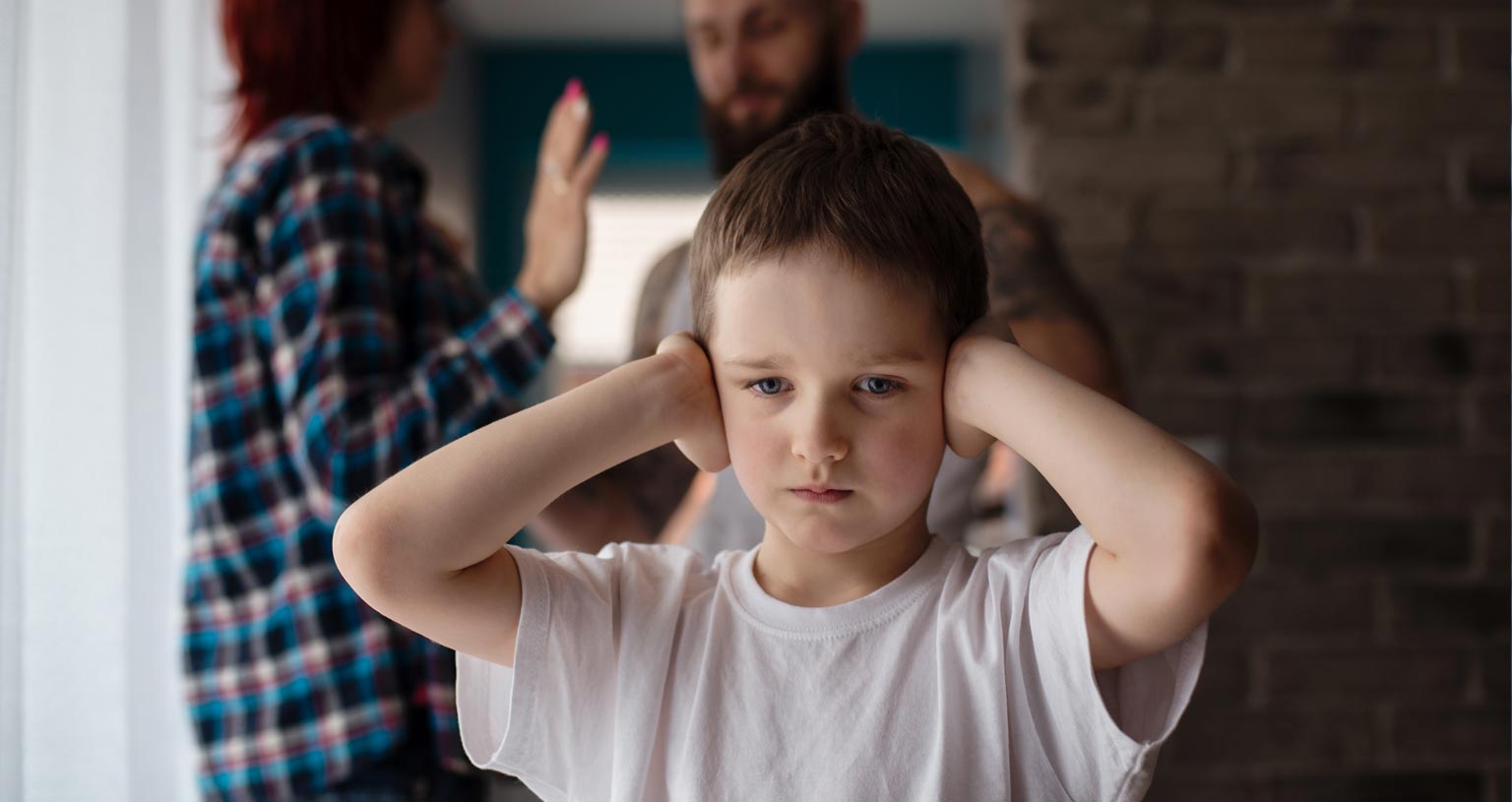 Children learn from their environments and / or their parents. Because of their experiences, they can grow up thinking that a certain situation, for example, domestic abuse, is normal.
Children learn from their environments and / or their parents. Because of their experiences, they can grow up thinking that a certain situation, for example, domestic abuse, is normal.
Normalising such behaviour for children is dangerous, as they may take their experiences with them through to adult life.
Young people experiencing domestic abuse (either directly or indirectly) can become withdrawn, violent, and lose confidence in themselves. These experiences can also have a significant emotional impact on them. The Royal College of Psychiatrists states that children or young people might:
- become anxious or depressed
- have difficulty sleeping
- have nightmares or flashbacks
- be easily startled
- complain of physical symptoms such as tummy aches
- start to wet their bed
- have temper tantrums
- behave as though they are much younger than they are
- have problems with school
- become aggressive or they may internalise their distress and withdraw from other people
- have a lowered sense of self-worth
- begin to play truant or start to use alcohol or drugs
- begin to self-harm by taking overdoses or cutting themselves
- have an eating disorder
Children may also feel angry, guilty, insecure, alone, frightened, powerless or confused.
In what ways can children witness domestic violence and abuse?
Children can ‘witness’ domestic violence in a many different ways. They may be:
- Caught in the middle of an incident as they want to try and stop it
- In the room next door and hear the abuse or see any resulting injuries
- Needed to help the victim tend to any injuries
- Forced to stay in one room or may not be allowed to play
- Forced to witness sexual abuse
- Forced to take part in verbally abusing the victim
Remember – children are at risk of harm if they are attempting to protect one of their parents from the other.
Will my children be taken away from me?
It is only the cases where there is a significant risk to the safety or well being of a child that any action regarding a decision to remove a child is considered.
If you continue to be abusive you stand to risk losing access to your children. This could happen in a number of ways:
The victim seeks a Non-Molestation Order and/or a Prohibited Steps Order through the civil courts which could prevent you from being in contact with your child/ren
Your child/ren, could request leave from the court to apply for their own Non-Molestation Order to prevent you having contact with them
The court could make an emergency protection order or interim care order for a child which can exclude a person who poses a risk to the child from having contact with them
Decisions regarding children are made by a group of professionals based on many aspects of risk and parents are invited to be involved in this decision making process.
In general any involvement by Social Services or police is based on the best interests of the children involved, and as long as parents put the interests and safety of their children as a priority, then the professional group will help you to reduce any risk and support you all through this difficult period.
